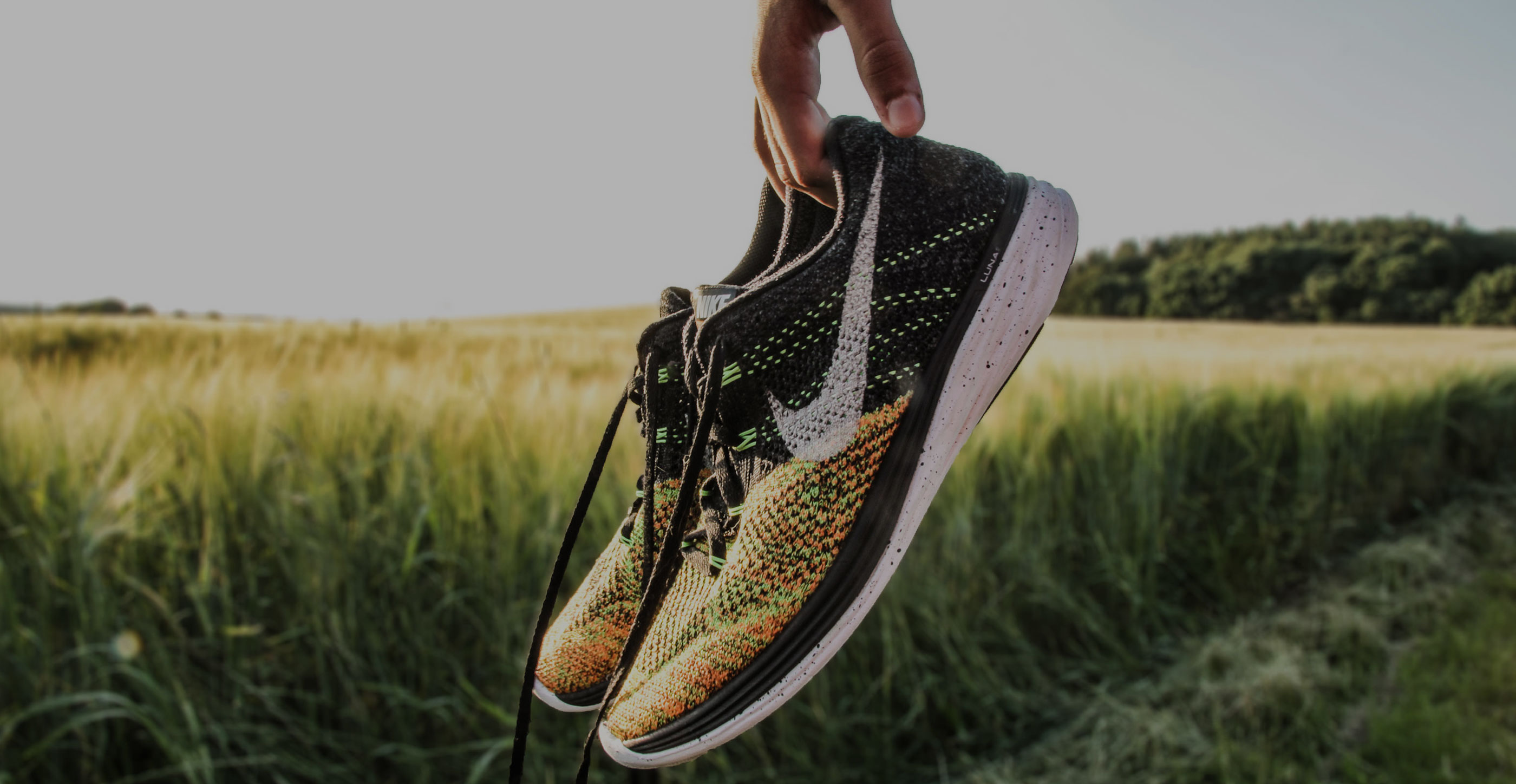Weight Loss and Race Speed
Ok, so I admit, today’s blog entry is a bit off the wall, but for anyone struggling to lose weight this might just give you that extra bit of motivation.
I was sitting in the Jacuzzi today after running, complaining to my wife that I cannot shift the last 4kg I need to get down to London Marathon race weight.
Last year when I started training again I was around 70Kg this soon dropped to 66kg with very little effort and after a couple of 100 mile weeks in Lanzarote over the Christmas holidays it dropped to 64kg, It appeared I was well on target to my London Marathon race weight of 60kg, and feeling very good about it too.
Since December, I have not dropped any weight at all! I have had my body fat assessed and am still around 13%. Don’t get me wrong, this is actually a very healthy figure, probably ideal from a health perspective, but for the London Marathon I need the highest power to weight ratio I can manage. If I drop 4kg of fat, then the percentage of my body fat will drop to around 7%. I do not want to lose any muscle mass, as this is useful weight, it would be like making a car engine smaller, it would make the car lighter, but also less powerful. Taking out the rear seats and removing the spare tire on the other hand would lighten the car, while maintaining its power, so that it could effectively go faster.
Back to humans, 7% body fat is very low and I would not recommend anyone keeping such a low figure for extended periods of time. Women should try and hold 12% as an absolute minimum, although many elite female athletes do go lower. The principle is the same whether you are an elite athlete or just wanting to improve. Excess body fat will slow you down on the run.
Looking at this weight issue a little more scientifically, I can recall that at my peak, while running on a treadmill at race pace, my maximum oxygen consumption was measured at just over 5000 litres of oxygen consumed per min. Again, using the analogy of an automobile, If this was bus, with a 5 litre engine it would not be very powerful at all, due the overall weight. A mini car on the other hand with a 5 litre engine, would have the potential to be a very fast and powerful racing machine.
In order that we can compare big people against smaller people this maximum oxygen consumption figure is usually expressed as a ratio of body weight. At 60kg, the maximum volume of oxygen I can consume per kg of body weight per minute is 83 litres. You may have seen this figure called Vo2max. Thus we can say that at 60kg my Vo2max is 83. At 64kg my Vo2max is only 78. Or put another way, this is equivalent to a 6% reduction in the capacity of my engine.
With age it is suggested that you lose about 1% of your Vo2max per year after the age of 30. I am 46, so that if I can lose the 4kg in weight and get down to my target 60kg on race day then I will have effectively turned the clock back 6 years! For anyone who is not an older athlete but is slightly overweight, you will boost your power to weight ratio and thus run much faster if you can lose a few spare pounds of fat. However you look at it, weight loss will help me run faster on race day, so I must think twice before eating. Am I eating because I need energy, or am I just being greedy?
Next time we’ll look at what you can and should eat in the run-up to a race.


